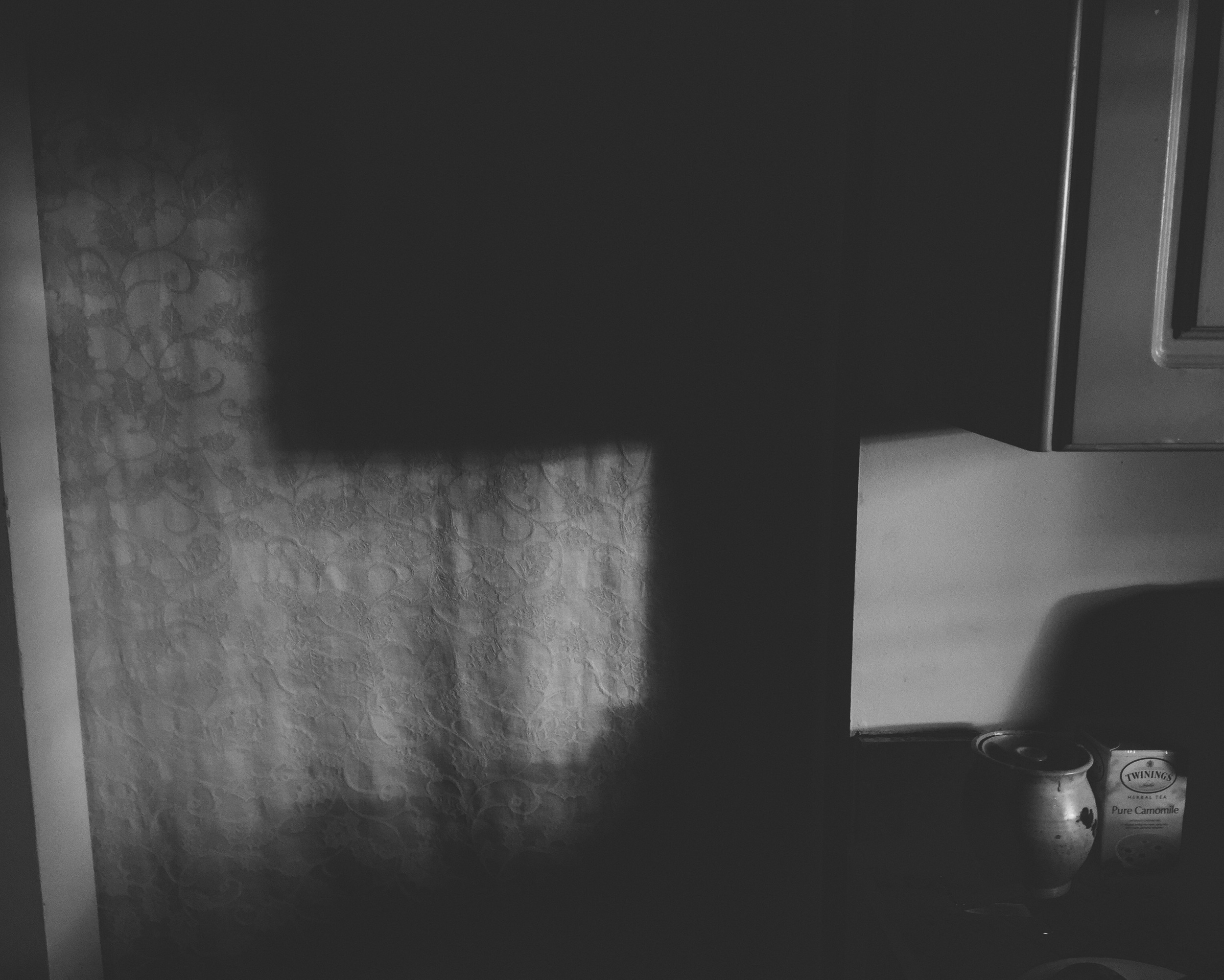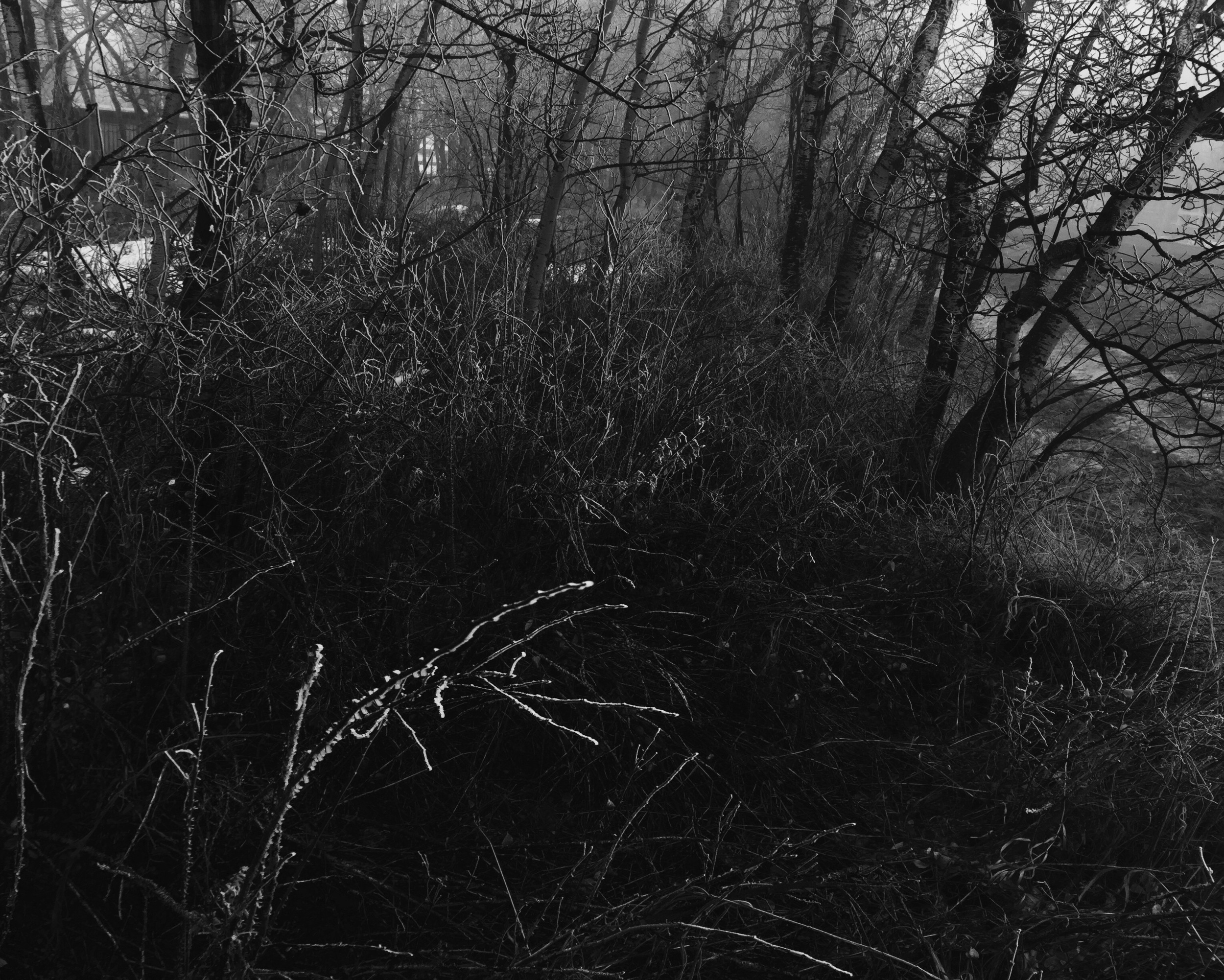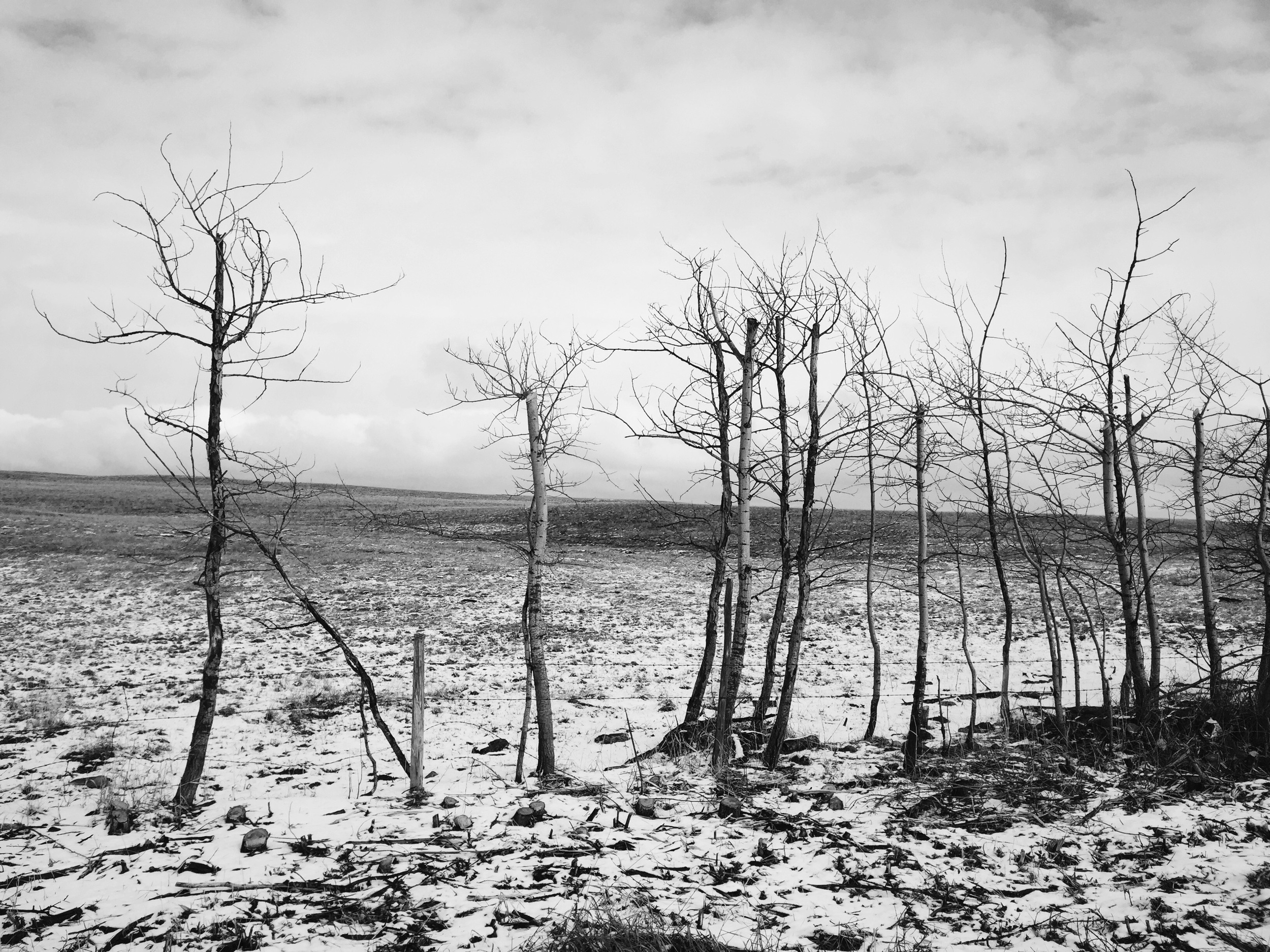Short swallow-flights of song, that dip
Their wings in tears, and skim away.”
— Alfred Lord Tennyson in 'In Memoriam'
For the third time now, I switched my iPhone's camera to black and white and underwent the rigorous challenge of posting black and white photos during the 40 or so days leading up to Easter.
Initially, my plan was to post a photo every day except for Sundays. (Sundays are days of feasting; days of rest.) But this challenge wore at me. It took away from my spiritual walk instead of adding to it. The images lacked the care and craft that I'd grown to see in my work. So I slowed it down towards the end and was largely happy with the result.
In previous years, I've labelled the photos as a Lenten fast, which they are. But Lent carries negative connotations, both for my secular-raised-Catholic friends and my staunchly-Evangelical-bare-bones-liturgy church. And although it has been a fast from colour, the practice is an addition to my life, rather than a cutting away. (Although it is a sacrifice of time, to be sure.)
There is an element of mourning and austerity to the photographs. I hope they, and my life during that season, took on an aura of repentance, seriousness, and grief over sorrow and sin.
But ultimately, I do this so I would long all the more for Easter. I better celebrated its implications: the rest Christ's victory over sin brings, as I now rest from my photo labours. The joy of the Resurrection colouring everything, including my current post-Easter photographs. The redemption of my world, changed forever.
During Advent, I read the Cambridge poet-priest Malcolm Guite's anthology of poems, Waiting On the Word. It was excellent. His fine selection of poems were such a pleasure, as was learning how to read these poems through his insightful commentary. An added bonus, he recorded a reading of each poem on his blog. Listening to them was an education in itself, a daily private poetry concert.
This year, my photos' captions come from excepts of the poems in his Lent book, The Word in the Wilderness. You can pick it up on iBooks, or order a hardcopy. And his recordings are posted on his blog.



































